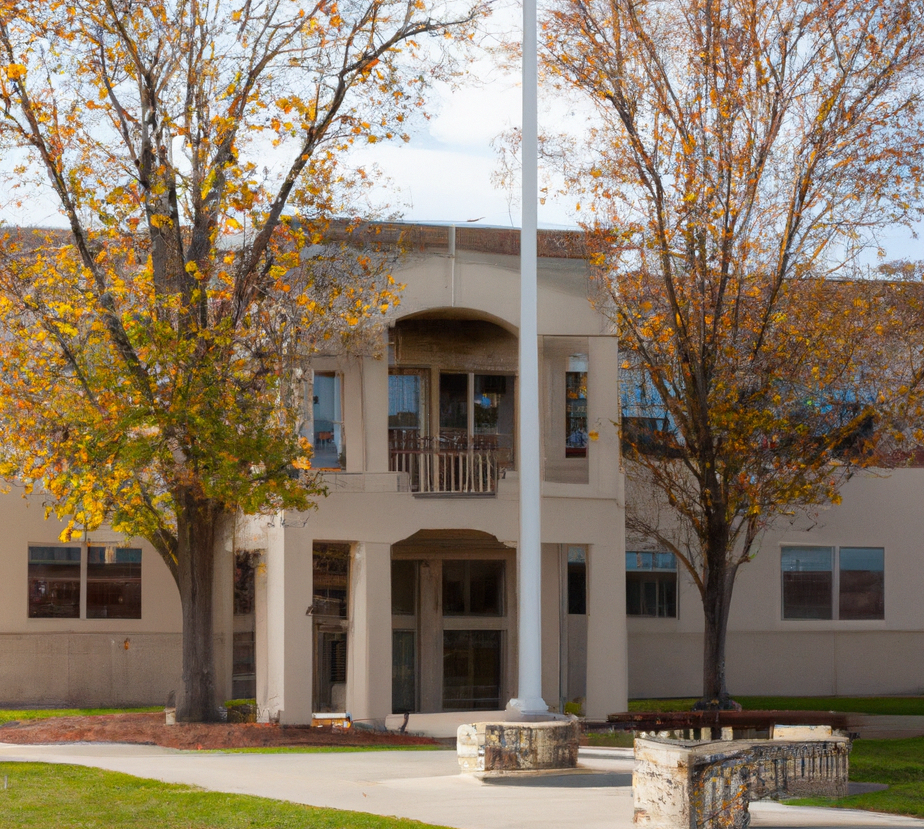Remember Bill 64? Introduced in 2021 by the former Progressive Conservative government, Bill 64 proposed to abolish locally elected school boards.
The NDP led the charge against this bill. Current education minister Nello Altomare, then serving as his party’s education critic, argued that “with the removal of locally elected officials, community writ large is being carved out of the decision-making process.”
Premier Wab Kinew, who was the opposition leader at the time, was even more emphatic. “Bill 64 is a power grab that takes control away from parents and educators and hands it to Mr. Pallister and his cabinet.”
It’s interesting how quickly things change when politicians move from the opposition benches to being the government. While Bill 64 is now dead, its spirit appears to be alive and well in the NDP government.
For example, the Mountain View School Division (MVSD) is currently under a provincial governance review stemming from a controversial presentation delivered by school trustee Paul Coffey at a board meeting in April. Education Minister Altomare appointed an independent oversight panel to provide “guidance” to the board’s decision-making process.
According to some MVSD trustees, Altomare threatened to dissolve the board entirely if trustees didn’t cooperate with his expectations. This is what a previous NDP government did to the former Morris-Macdonald School Division in 2001.
MVSD isn’t the only school division currently under Altomare’s watchful eye. Back in May, Altomare sent “help” from the department to Hanover School Division because a group of anonymous parents accused trustees of acting in a discriminatory manner. Altomare didn’t like the fact that trustees decided to sit in on teacher interviews, even though this practice is explicitly permitted in the Public Schools Act.
Interestingly, NDP governments have a history of micromanaging school boards. Back in 2015, the Selinger government commissioned a governance review of the Winnipeg School Division (WSD). In response, the former chair of the board accused the province of micromanaging the school board’s affairs.
That former WSD chair is current NDP MLA Mark Wasyliw. One wonders whether these latest incidents bring back unpleasant memories of what happened to him when he was a trustee.
If Kinew and Altomare meant what they said three years ago, they would renounce their party’s history of meddling with school boards and stand behind the right of trustees to make their own decisions. Sadly, it appears that their opposition to Bill 64 was about politics—not about a principled stand.
Clearly, NDP governments have a pattern of interfering with local school board governance. Not only is this bad for democracy, but it does little to improve the education of students.
There is, in fact, a better option. Instead of micromanaging school boards, provinces should mandate specific education outcomes. Improving the math and reading skills of students is an obvious example, particularly since Manitoba currently ranks near the bottom in Canada.
The province should set clear targets for student achievement but let school boards decide how best to reach those standards. In other words, stop trying to control what trustees say during board meetings and focus instead on helping school divisions meet their academic achievement targets.
We aren’t going to micromanage our way to better schools. If NDP politicians truly believe in local democracy, it’s time they start acting like it.
Michael Zwaagstra is a public high school teacher and a Senior Fellow with the Frontier Centre for Public Policy.
Watch Parents Seeking Common Sense Education on Leaders on the Frontier here. (53 minutes) November 14, 2023



